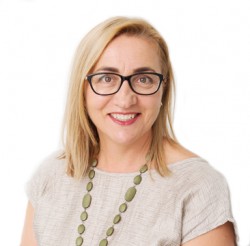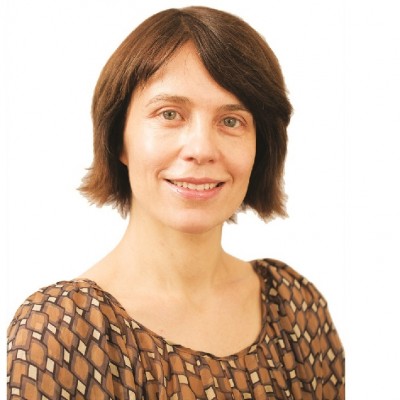
What to do when the desire to have a baby collides with fertility’s end (menopause)?
Thinking about a good time to have a baby may be considered good family planning, but what happens when reproductive circumstances dictate how and when this time needs to be? Never more so than when we enter into our midlife years and there is a realisation that it actually needs to be right NOW.
To get to this place the desire to have a baby can have been a source of great ambivalence, entirely missing or lay dormant in some people. At times this will be a reflection on other life circumstances such as health, mental health, past trauma, being unpartnered, partnered with uncertainty about the relationship enduring, partnered with another who does not wish to be a parent or to parent again, or without a clear point of readiness for life as it has been to change.
Your reproductive rights
Many people may have previously experienced a pregnancy they were unable to continue, even though they would have chosen to if the context in which they found themselves pregnant were different. Whether they are adequately supported to continue is often outside of their control. Some have experienced reproductive coercion, either in being coerced into pregnancy when they did not wish to be, or forced to terminate when they would have liked to continue.
A decision to continue any pregnancy comes with it an assessment as to whether a person has ‘enough’ support, be it financial, emotional, health, their partner’s health if they have one, age factors, being adequately housed and feeling safe – not only now but for the life of that future child. These are all common considerations for any child a parent will be responsible for. Parenthood, I believe, begins with these considerations, as does the willingness to make some hard choices for the life of another above one’s own life choices.
With so many factors to interrupt a choice into parenthood what happens when it has to be right NOW? One such example is the medical need for a hysterectomy, particularly potent in someone who has not only not yet had children, but also may not yet have considered whether they want to have children. Imagine the frantic scrambling of thoughts and feelings that need to be explored, all without adequate time to do so. Mix this with the all too often narrow lens of the medical profession that rarely takes on the bigger picture in a person’s life outside of the part they will play in performing their surgical prowess. Add to this gender imbalances of male dominated gynaecological surgical practices and any biases they might hold about age and fertility. What might you expect?
The right to options
If a person in their midlife (40’s) presents for a medically required hysterectomy, has not yet had children, may know they either want to have children or may have not yet have considered if they want children. What might you expect? I know that what I would expect would be to be given options with regard to the surgery, such as, any alternative surgery that may provide additional time for the person to consider, decide and reconcile with their choices and circumstances, a thorough breakdown of medical risks in relation to their medical condition and any delay or alternative surgery, a referral to a counsellor to begin to explore the decision before them, a referral to a fertility specialist to discuss their options (eg. egg freezing, surrogacy, pregnancy, IVF), patience with regard to any indecision, and above all compassionate consideration for their predicament without personal bias or unfounded harmful statements. Basic assumptions you and I might think, but quite the contrary to what I have come across in my practice recently.
Moving into menopause
Moving into menopause is no small transition physically, as we are mostly aware of, with the common symptom picture of hot flushes, irritability, fatigue, weight gain etc. Psychologically it can be even harder, particularly for those whose fertility journey has been fraught with challenges, missed opportunities, losses and broken dreams, but equally so for those whose opportunities have never taken them to the foot of the parenthood mountain to raise the challenge of do I or don’t I. Passing through menopause can be graceful and welcome when one’s reproductive expectations have been met and satisfied, for those fortunate enough to not hold regret for any children unborn.
When a medical event removes your uterus and/or your fertility in one fowl swoop, great care needs to be exerted by everyone surrounding that individual, always giving them control over their choices, supporting them in their decisions even if they seem counter intuitive or differ from your own. Without this unconditional regard for their right to choose we overlook the wisdom within people to know their own bodies, to make their own choices and know their own minds. Without this basic human right you can expect a very poor mental state and outcome for people and their reproductive rights.
For anyone who has had a negative experience of hysterectomy you may like to contact;
After speaking with The New Daily, Health Issues Centre CEO Mr Vadasz said the body is interested in hearing the experiences of women who were encouraged to undergo hysterectomies.
To contact the Health Issues Centre, call (03) 8676 9050.
For more support, Suzanne Hurley, Perinatal Counsellor, is available for consultations at Fertile Ground Health Group or you can make an appointment for a phone or video session for your convenience. Learn more about Suzanne.















